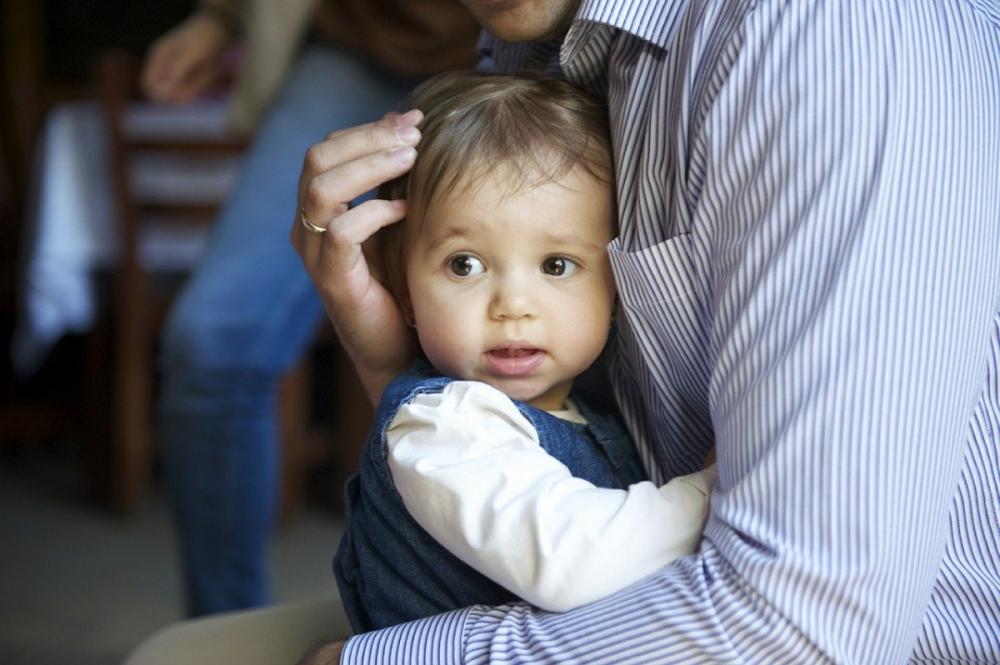search
date/time
 | Cumbria Times A Voice of the Free Press |

Lilly Grant
Family Law Writer
10:53 AM 11th November 2020
family
What Are The National Lockdown Rules For Children Contact Arrangements?

The guidance for this phase remains the same as that issued during the early stages of the Covid-19 pandemic. It enables children under the age of 18 to move between their parents’ homes, and continue to visit parents they do not live with - providing both households are healthy, and children are not put at risk.
However, it is vital that parents understand that, although child contact arrangements can continue during lockdown, it does not mean that children must be moved between homes.
Back in March, the President of the Family Division and Head of Family Justice, the RT Hon Sir Andrew McFarlane, stressed how decisions made during the pandemic should always be in children’s best interests.
He said, “It is for the child’s parents to make, after a sensible assessment of the circumstances, including the child’s present health, the risk of infection and the presence of any recognised vulnerable individuals in one household or the other.”
A spirit of mutual cooperation between estranged parents is critical for the wellbeing of children, who may suffer from increased anxiety and uncertainty in the current climate, which can affect their behaviour.
Separated parents are urged to adopt a spirit of mutual co-operation, and communicate regularly to consider how contact arrangements, including Child Arrangement Orders, can be facilitated safely to ensure their children’s wellbeing.
Often there are situations where effective communication is not so straightforward. Managing separation is challenging at the best of times – and times have certainly been better.
There is a lot of evidence that children can thrive in separated families. What is damaging for them is being exposed to conflict between their parents.
Mediation, where an impartial professional supports a conversation between parents, can really help to work out suitable arrangements, whilst minimising the risk of children being, 'caught in the crossfire'.
An impartial third party, 'the mediator,' helps couples to discuss issues confidentially and find workable agreements more quickly and cost effectively than the court process, or in solicitors’ correspondence. In the current climate, online mediation can be available.
The welfare and best interests of children should always be the prime consideration in any climate. This includes the days and weeks ahead, as the lockdown continues.
Also by Lilly Grant...
No-fault Divorce Heralds End Of Bitter ‘Blame Game’